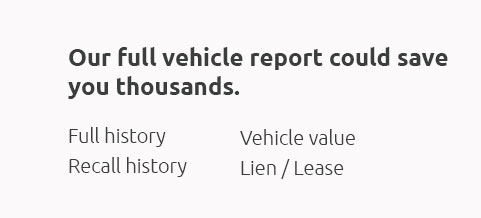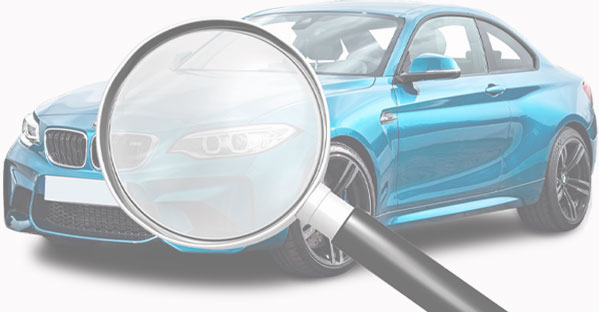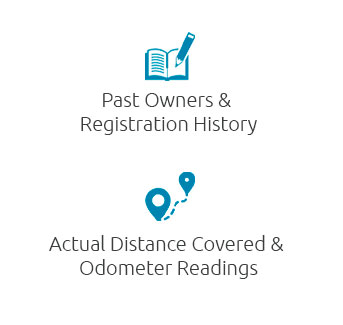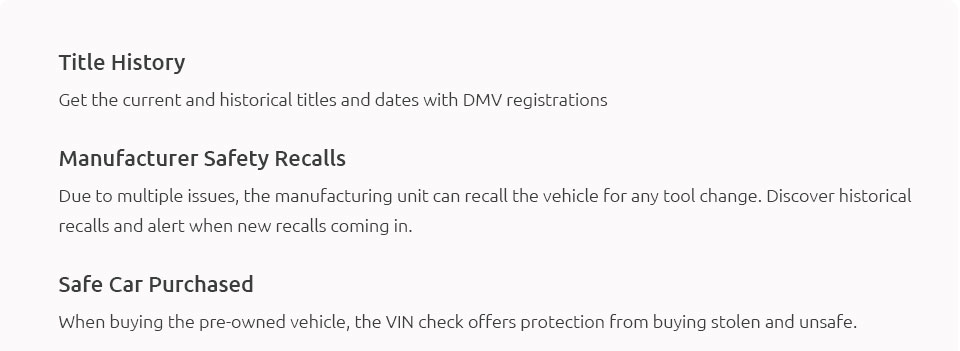 |
 |
 |
 |
 |
||
 |
 |
|
 |
 |
|
 |
 |
 |
 |
||
 |
 |
 |
 |
 |
 |
||||
|
||||
 |
 |
Understanding VIN Numbers and License Plate Lookup: A Comprehensive GuideThe realm of vehicle identification is steeped in complexity, yet it serves as the backbone of automotive regulation and ownership. Central to this domain are the Vehicle Identification Number (VIN) and the license plate, both crucial identifiers in the vehicular landscape. Understanding these elements is not just a matter of administrative necessity but also a gateway to a wealth of information about any vehicle. This exploration aims to unravel the significance of VIN numbers and the nuances of license plate lookup, offering insights and practical tips for both car owners and enthusiasts. The VIN is a unique code assigned to every motor vehicle when it's manufactured. This 17-character string is a treasure trove of information, encapsulating details about the car's manufacturer, specifications, and year of production. Much like a fingerprint, the VIN is distinct to each vehicle, allowing for precise identification. It's essential for a myriad of tasks, from registering a car to filing insurance claims, and even in the unfortunate event of theft. When considering the purchase of a used vehicle, conducting a vin color lookup is a prudent step to verify the authenticity and history of the vehicle in question. Conversely, the license plate serves as a more visible identifier. Issued by governmental authorities, it is primarily used to associate a vehicle with its owner. License plates are crucial for law enforcement and regulatory purposes, facilitating everything from traffic control to crime investigation. In certain scenarios, performing a license plate lookup can be invaluable. For instance, if one were interested in conducting a texas car owner search, such a lookup could provide pertinent details about the vehicle’s current registration status and ownership history. The process of conducting these lookups is often straightforward yet varies depending on jurisdictional regulations. It typically involves accessing a database maintained by governmental bodies or authorized third-party providers. While some services are free, others may require a fee, reflecting the complexity and depth of information requested. One must be mindful of privacy laws and ethical considerations, ensuring that any lookup conducted is for legitimate purposes.
In conclusion, the practice of VIN and license plate lookup is indispensable in the intricate ecosystem of vehicle ownership and management. By understanding the tools at our disposal and using them judiciously, we can navigate this landscape with confidence and precision. Whether you're a prospective buyer, a current owner, or simply an automotive aficionado, mastering these elements can offer clarity and peace of mind in an otherwise convoluted process. https://apps.apple.com/us/app/license-plate-lookup/id1476862366
NEW! Vehicle history report Looking for a used car? Want to learn more about a passing vehicle? Enter a license plate or VIN and quickly get information ... https://floridalicenseplate.com/
Discover comprehensive resources for Florida license plate lookup, renewal, and customization. Explore Florida license plate designs, learn about specialty ... https://www.autocheck.com/vehiclehistory/search-by-license-plate
Searching via a license plate and state is a terrific option if you can't find the VIN, it's hard to read or your car has no VIN. Search by license plate. In ...
|



